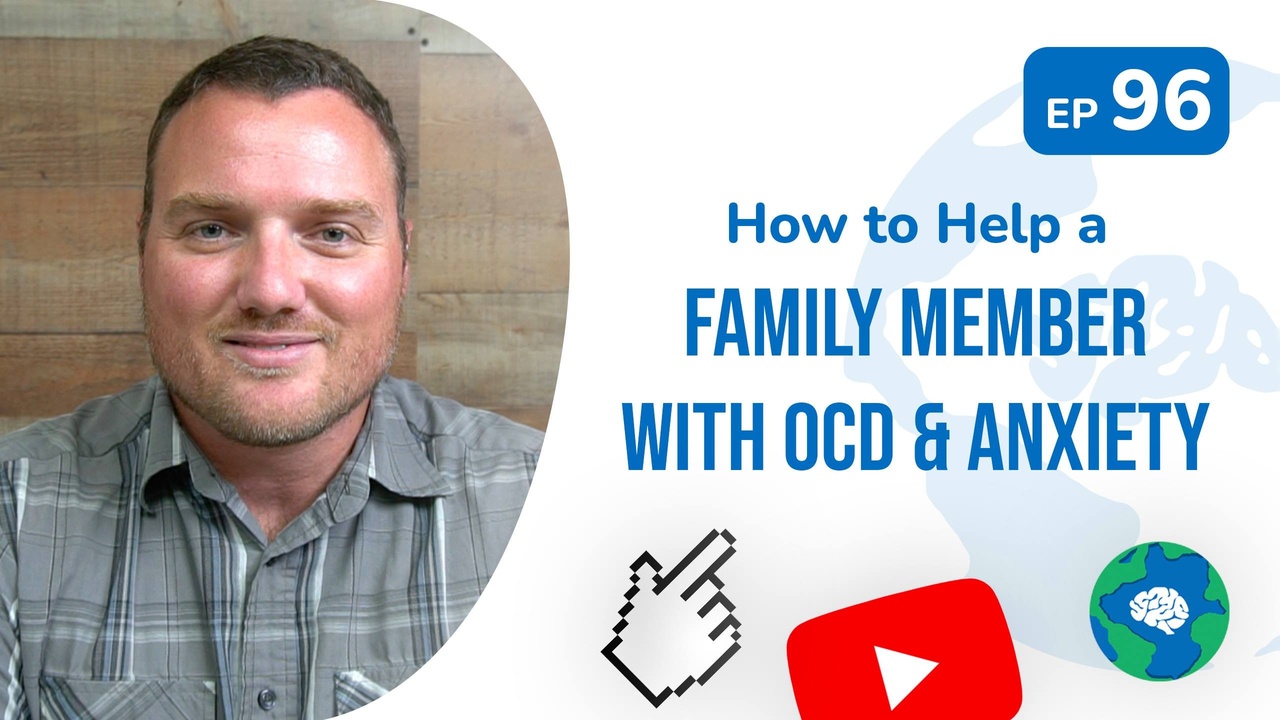How to help a family member with OCD & Anxiety
Jun 30, 2021
Supporting a Loved One with OCD and Anxiety: Essential Tips for Family Members
Why You Need to Take Care of Yourself First
The cornerstone of this episode’s advice is paradoxical yet fundamental: family members must prioritize their own self-care. Matt explains that constantly navigating and mitigating your loved one's anxieties can lead to emotional burnout, resentment, and even strained relationships. If you neglect your own needs, you’ll ultimately have nothing left to give.
The Pitfalls of Seeking Short-Term Relief
One of the most compelling points Matt makes is about the dangers of short-term relief. He stresses that while instant solutions—like giving reassurance or performing tasks to avoid triggers—might seem helpful, they can reinforce OCD and anxiety in the long term. This reinforcement creates a vicious cycle, making the individual more dependent on these temporary fixes and hindering long-term recovery.
Building a Supportive Environment: Key Strategies
-
Set Boundaries: Clearly define what you can and cannot do to help. Establishing boundaries helps both you and your loved one understand the limits and capabilities of the support you can offer.
-
Educate Yourself: Knowledge is empowering. The more you know about OCD and anxiety, the better equipped you’ll be to offer meaningful support. Consider enrolling in programs or reading materials that offer in-depth understanding.
-
Encourage Professional Help: Urge your loved one to seek professional guidance. Therapists and support groups can provide specialized care that goes beyond what family members can offer.
-
Create a Safe Space: Make home life as supportive and stress-free as possible. However, avoid restructuring your entire life around the anxiety. Balance support with encouraging resilience and coping strategies.
Long-Term Solutions Over Short-Term Fixes
Matt emphasizes the importance of focusing on long-term recovery rather than short-term relief. This shift in perspective can be challenging but is ultimately more beneficial for lasting well-being.
Conclusion: The Bigger Picture
Supporting a loved one with OCD and anxiety involves the whole family. By prioritizing your own well-being and focusing on strategies for long-term recovery, you create a more stable and supportive environment for everyone.


